Ninth grade. It was a time of beginnings, a time of searching, a time of figuring out for myself what I believed. Although my family went to church every Sunday, at this point in my life, my faith was only beginning to take shape. It would morph into a more solid faith later.
Every Sunday evening, I attended the youth group at my church. One evening stands out above the rest. A friend of the youth pastor, a guy named Larry, came to speak to us that night. But Larry didn’t speak as himself. He dressed as Jesus might have dressed and he playacted as Jesus. As a member of the planning committee, I had the opportunity to meet Larry ahead of time as well as to welcome him to youth group that night. What struck me most about Larry’s portrayal of Jesus was his calm demeanor. I recall asking this “Jesus” questions before youth group that night and the answers I received were mostly, “Don’t worry” or “It doesn’t matter.” I was so hung up on things to worry about that this “Jesus” knew I needed to relax and not leap ahead.
As Larry continued to portray Jesus that night, his answer to the other kids’ questions was the same: “Don’t worry.” Obviously, I was not the only one overthinking and running ahead with anxiety and angst. At the time, I remember thinking that maybe this calm disposition was a little over the top. But as I read the Scriptures now, I see Jesus showing up as a calming force. In Luke 8:22-25, He calms the storm, and in the process, calms the hearts of the disciples who were fearing for their lives. Just a few verses later, in Luke 8:42b-48, we see Him quickly stop in His tracks to heal a woman who had been bleeding for years. She trusted that Jesus could heal her, just by touching the hem of His cloak. She wasn’t an interruption to Him, but a divine appointment. It was a holy opportunity to display His power and for her to be healed and restored both to physical health and to community. Throughout Scripture, we see Jesus calming storms and restoring souls.
In Matthew 6:25-34, Jesus says we are not to worry. In the verses previous to these, Jesus says that where our treasure lies, there our hearts are as well (Matthew 6:21). Jesus also says in Matthew 6:24 that you cannot serve both God and money. It’s interesting that Jesus continues telling the crowd (and us) not to worry about material things. Our heavenly Father who feeds the birds will surely feed us. He who clothes the flowers will surely clothe us. God will take care of us. He knows what we need (verse 32). When we put God first and trust Him to take care of us, we do not have to be anxious for tomorrow (verse 33). As Jesus says in verse 34, today has enough trouble of its own. Verse 27 is particularly poignant: Jesus asks, “Can any one of you by worrying add a single hour to your life?” Worrying is a futile exercise that accomplishes nothing except distraction and emotional exhaustion.
Trust is the opposite of worry. When we trust God to take care of us, worry exits stage left. God gives us today. We can choose to spend it however we wish, but if we stay in the present on this day, trusting God to take care of us, we can leave the regrets from yesterday behind, and we can put the worries of tomorrow in Jesus’ hands. We, too, like my friend Larry, can live a life of peace and calmness as we hear our Savior whisper, “Don’t worry.”
Jesus, I want to put my worries and anxieties behind me today. You know what I need. I trust You to take care of me. I don’t need to worry. Calm the storms of life swirling around me and restore my soul. Amen.
Want to subscribe to future posts? Click here.
Text and photograph copyright © 2019 by Dawn Dailey. All rights reserved. Photo of water lily in Monet’s water garden, Giverny, France.
All scripture quotations, unless otherwise indicated, are taken from the Holy Bible, New International Version®, NIV®. Copyright ©1973, 1978, 1984, 2011 by Biblica, Inc.™ Used by permission of Zondervan. All rights reserved worldwide. www.zondervan.com The “NIV” and “New International Version” are trademarks registered in the United States Patent and Trademark Office by Biblica, Inc.™
Here’s a larger view of Monet’s water garden at Giverny:
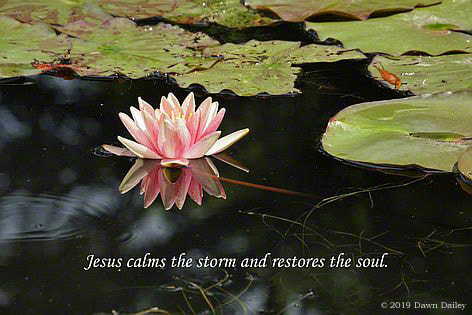
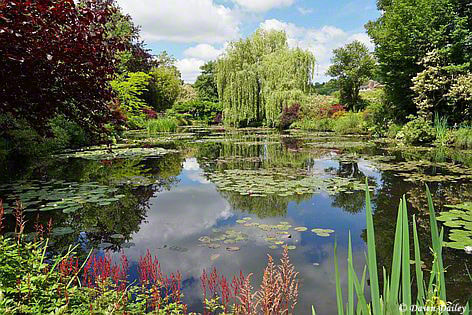
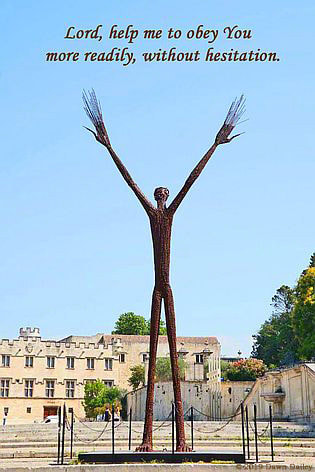
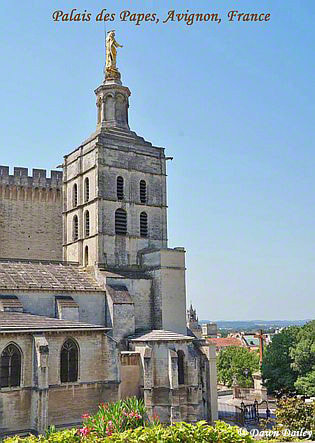
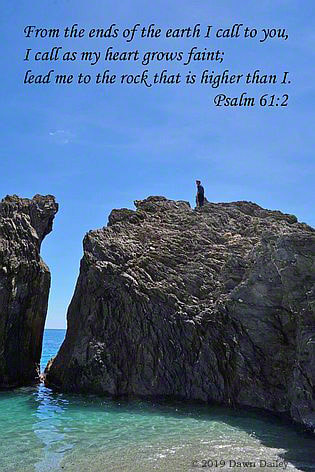

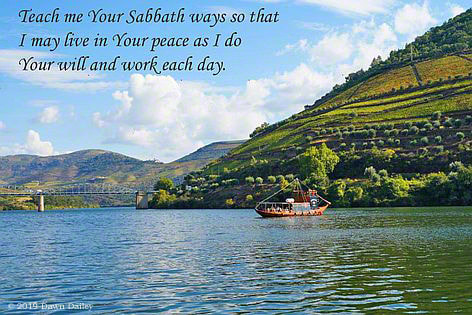
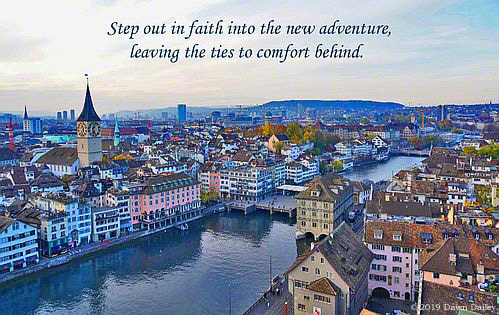
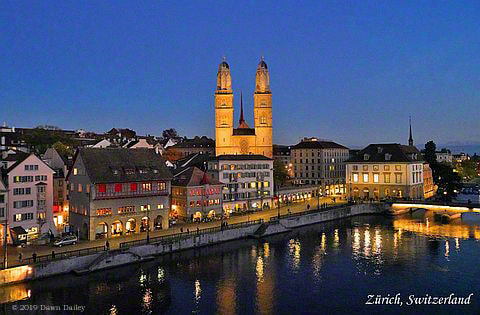
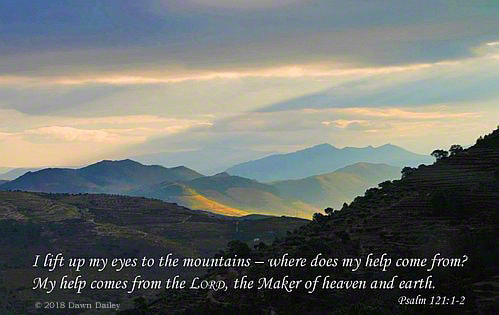

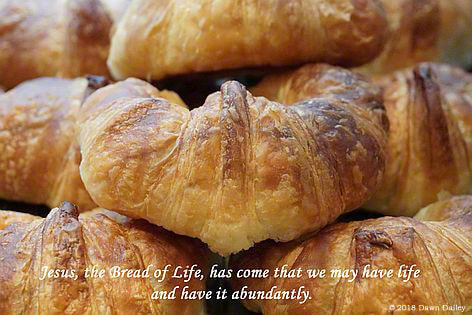
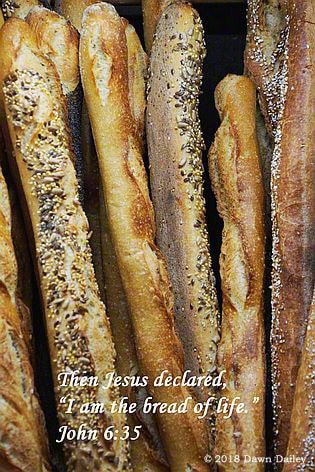
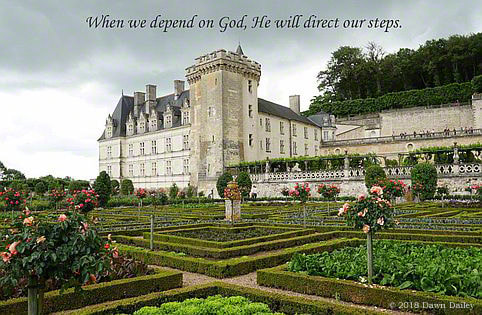
 RSS Feed
RSS Feed